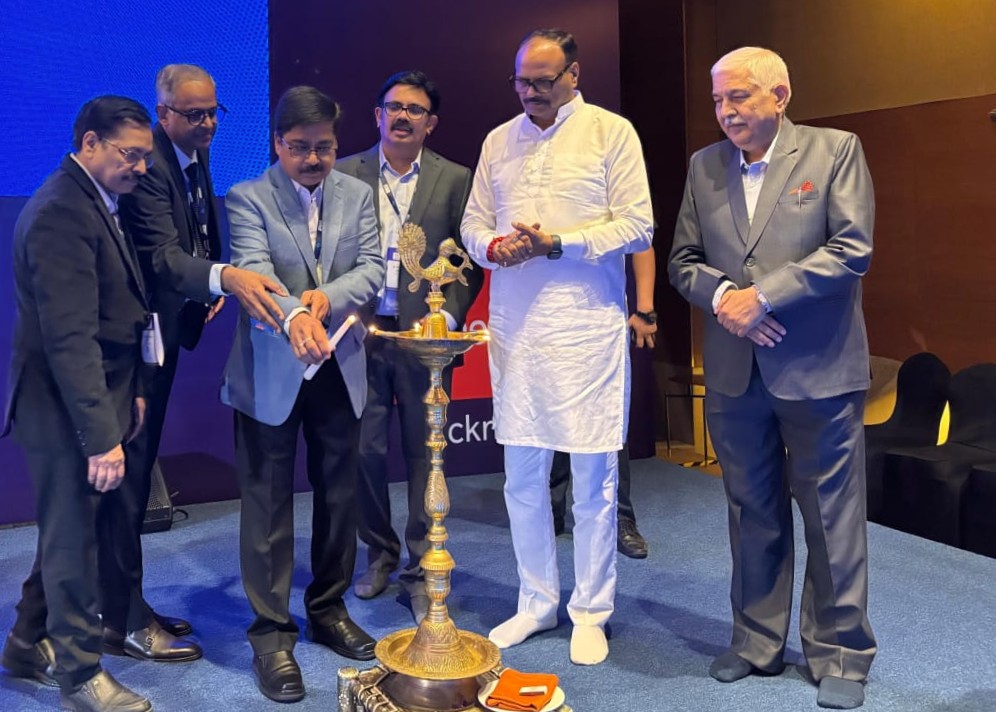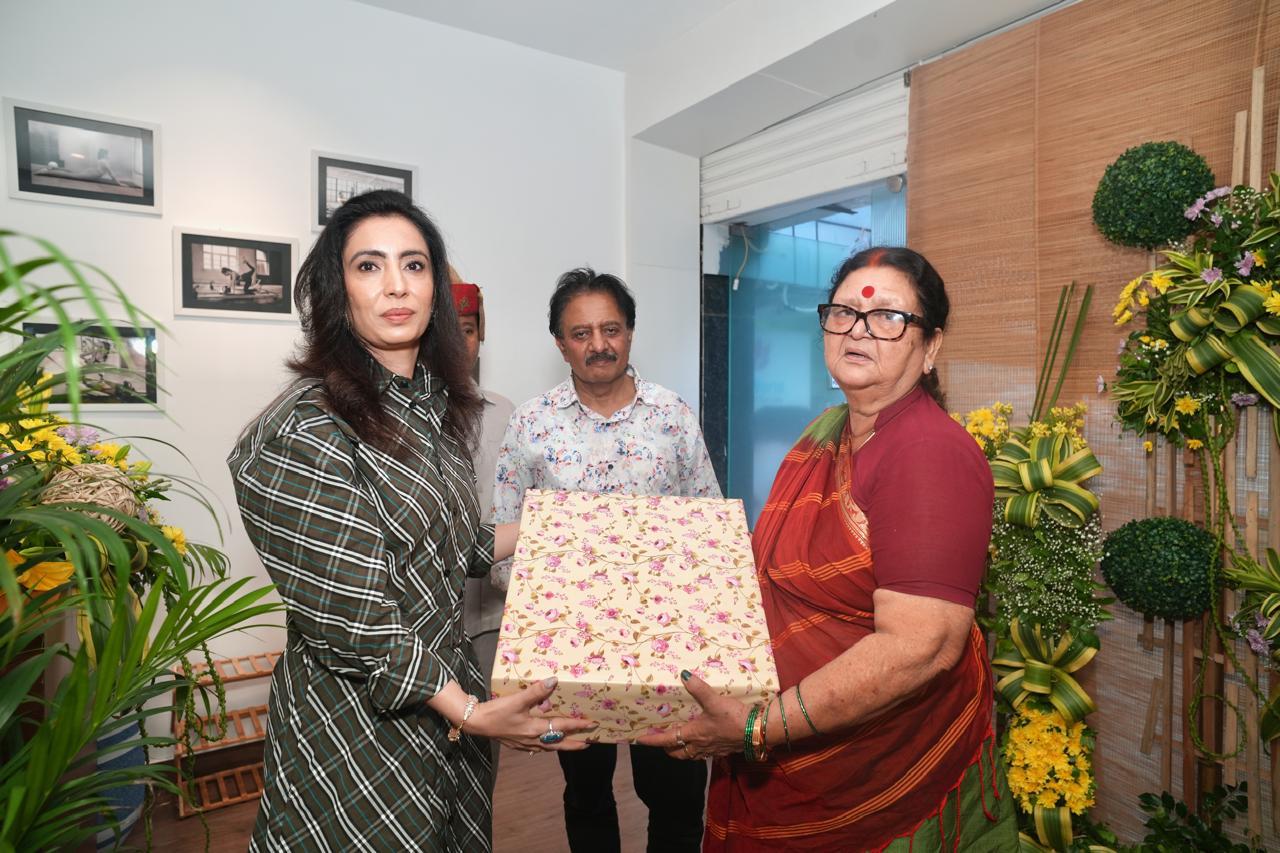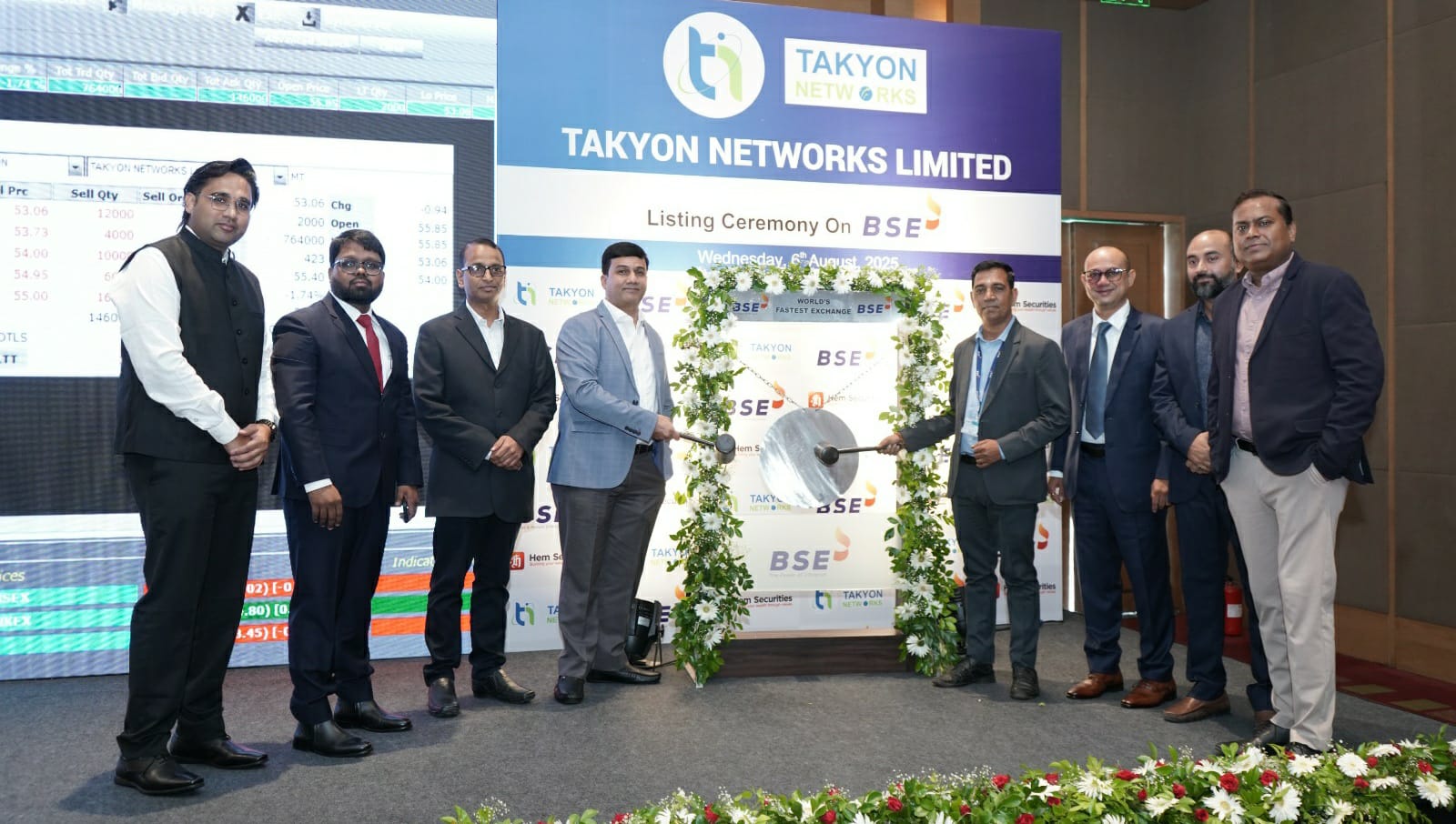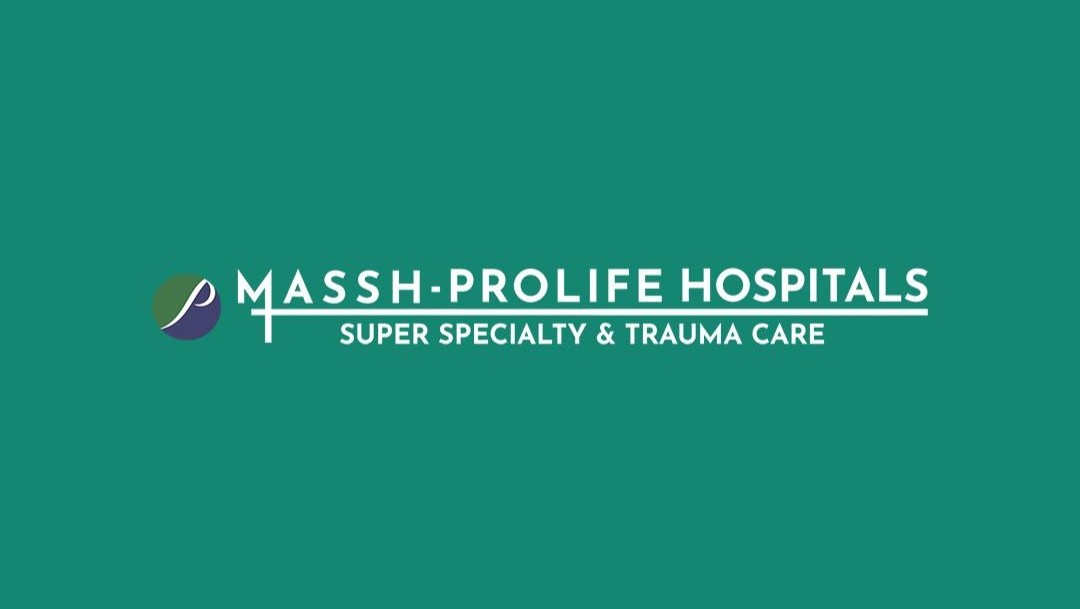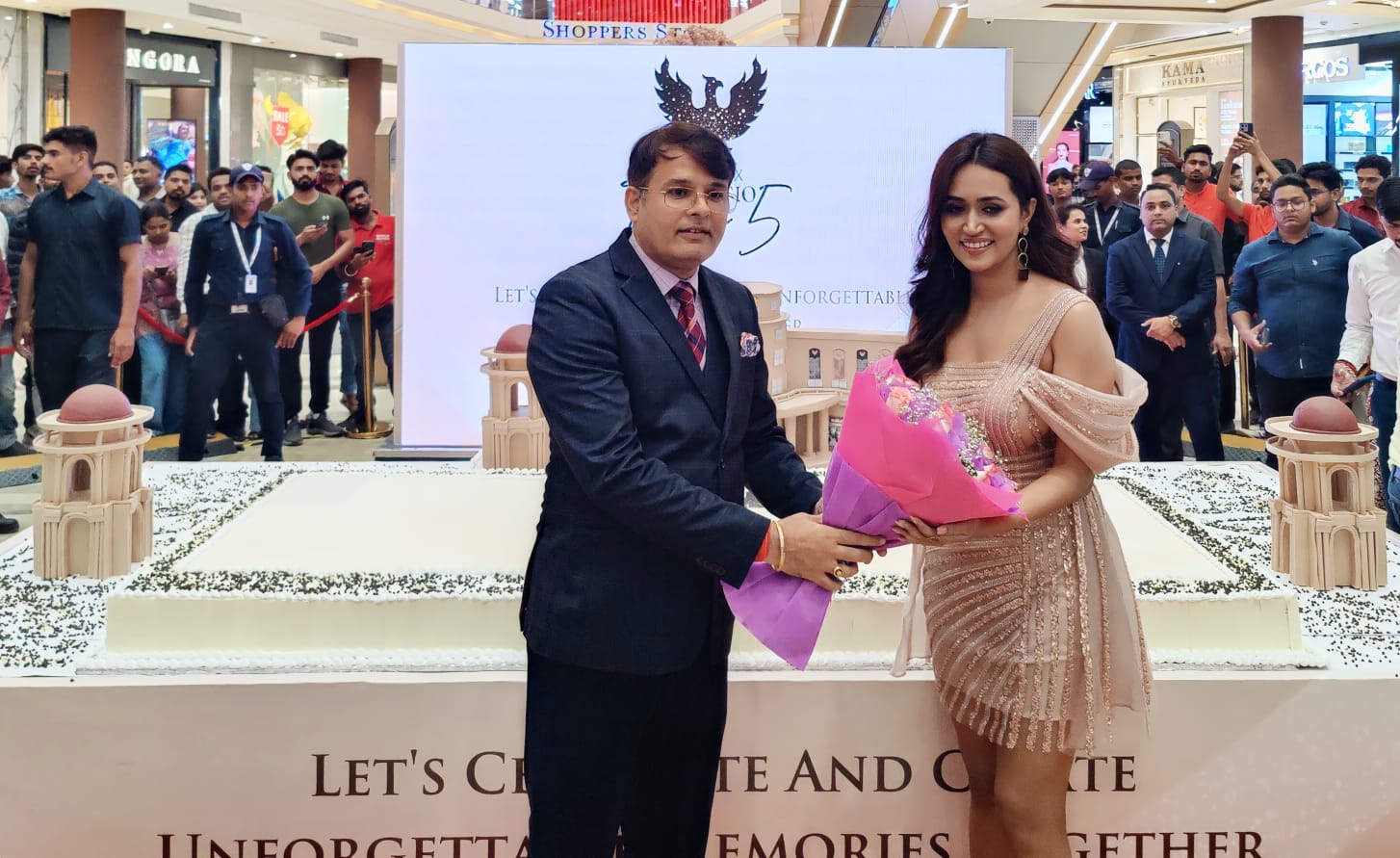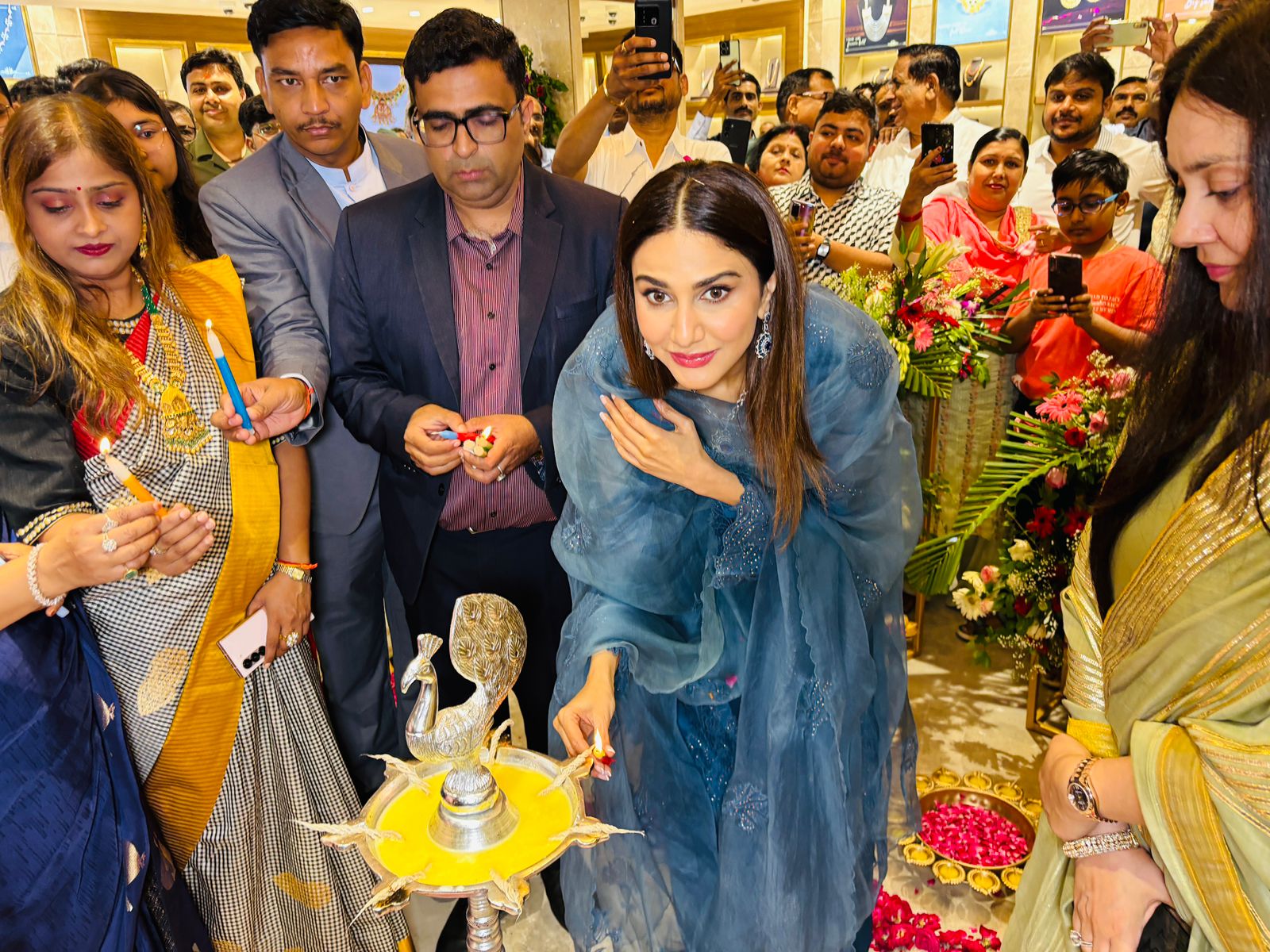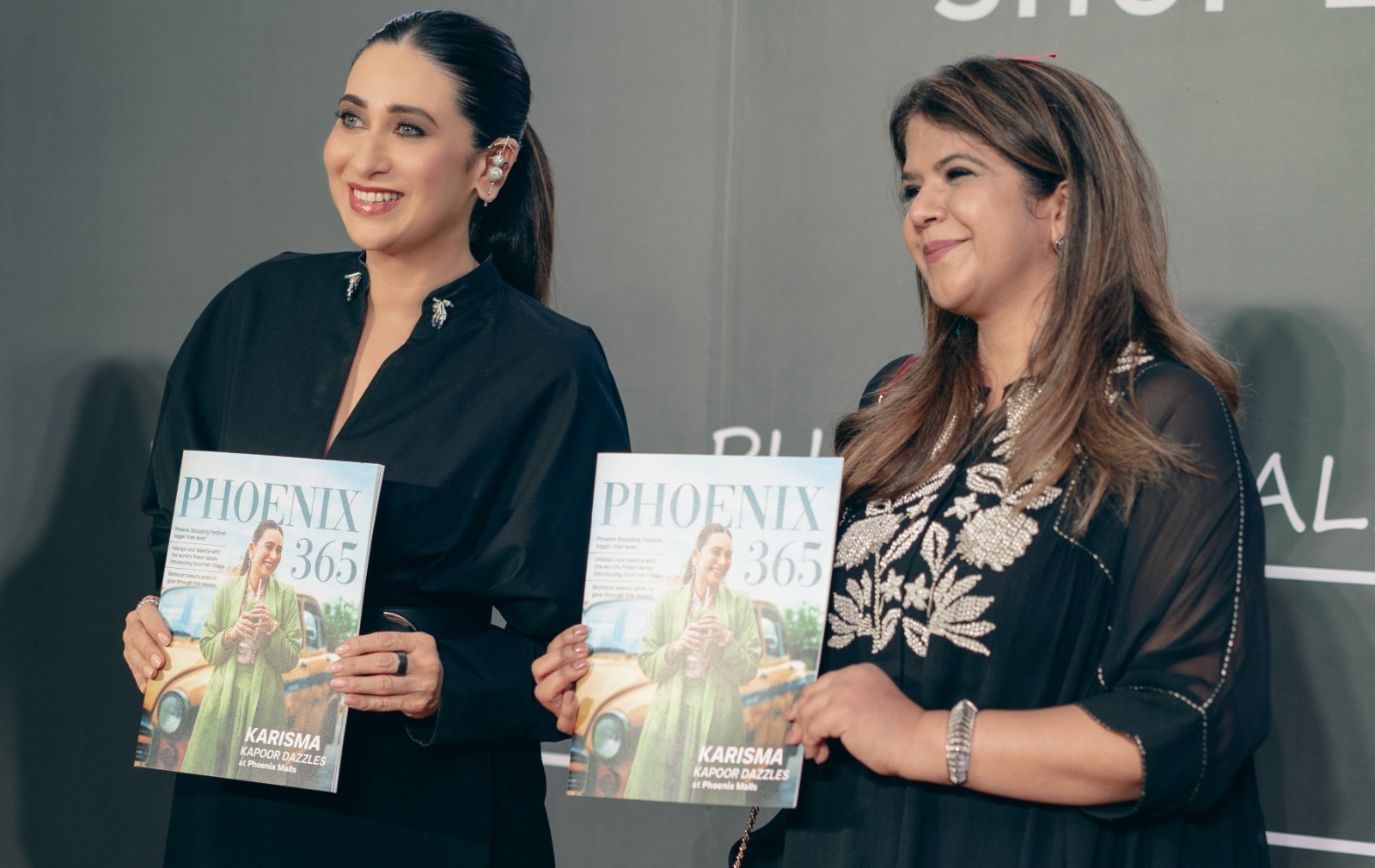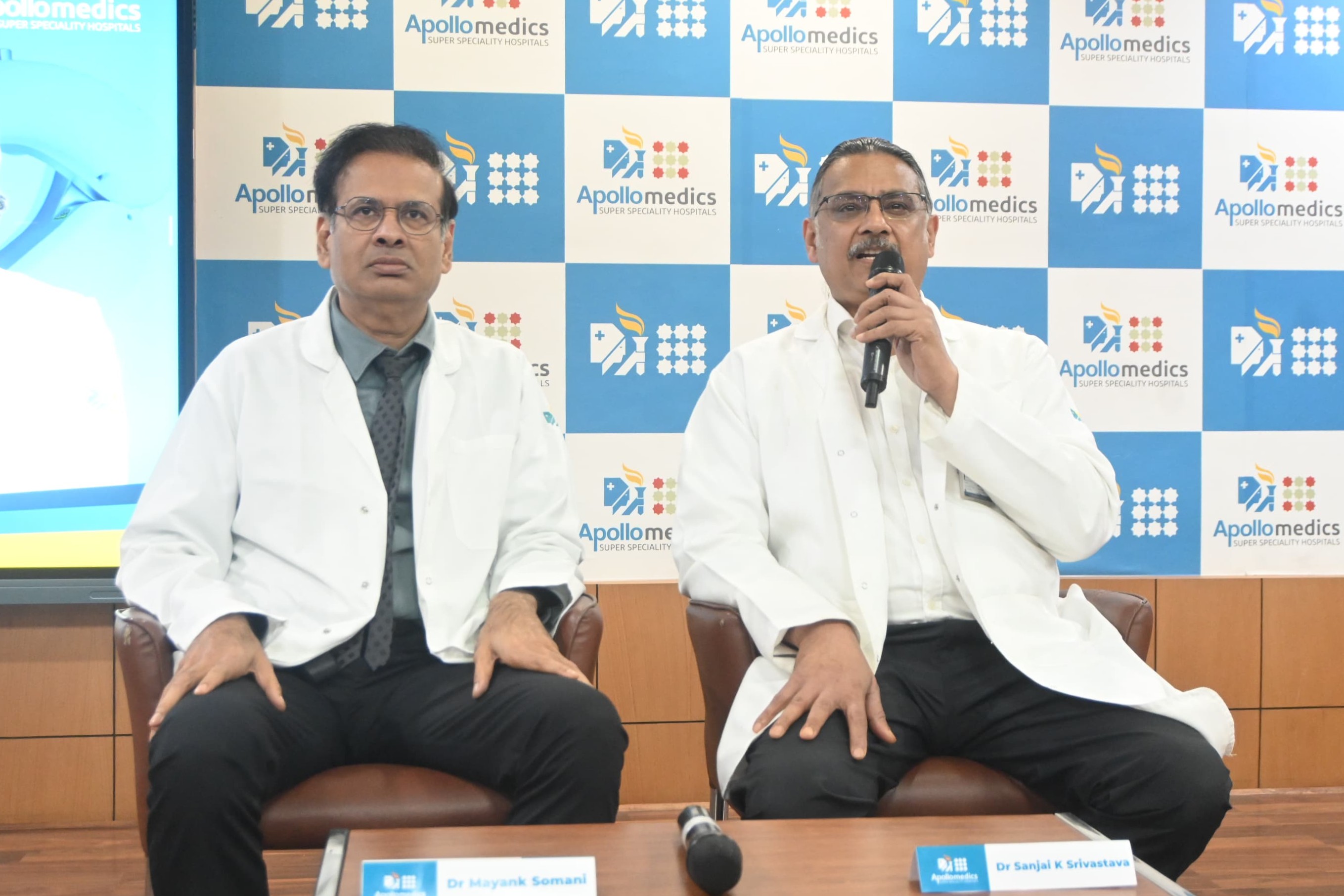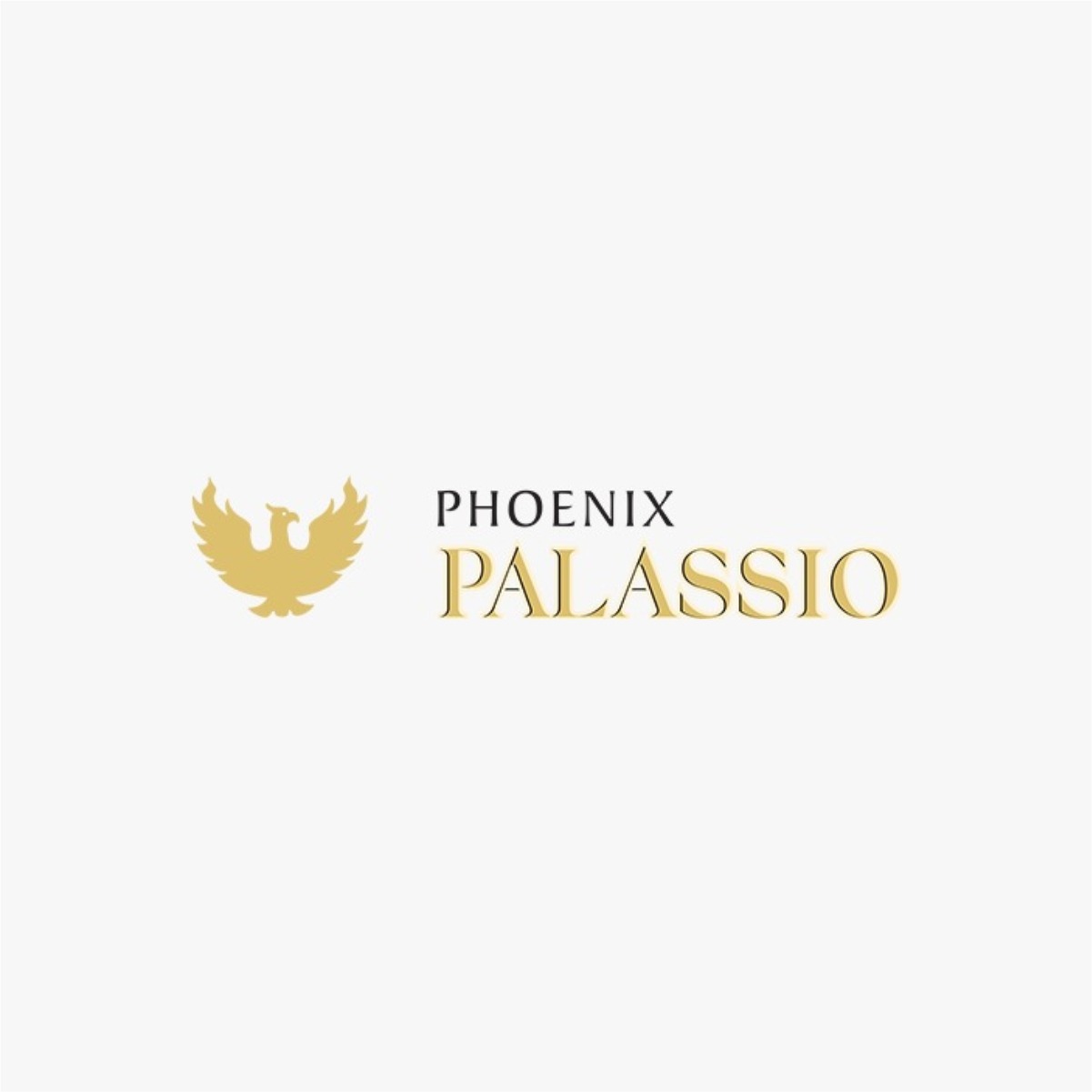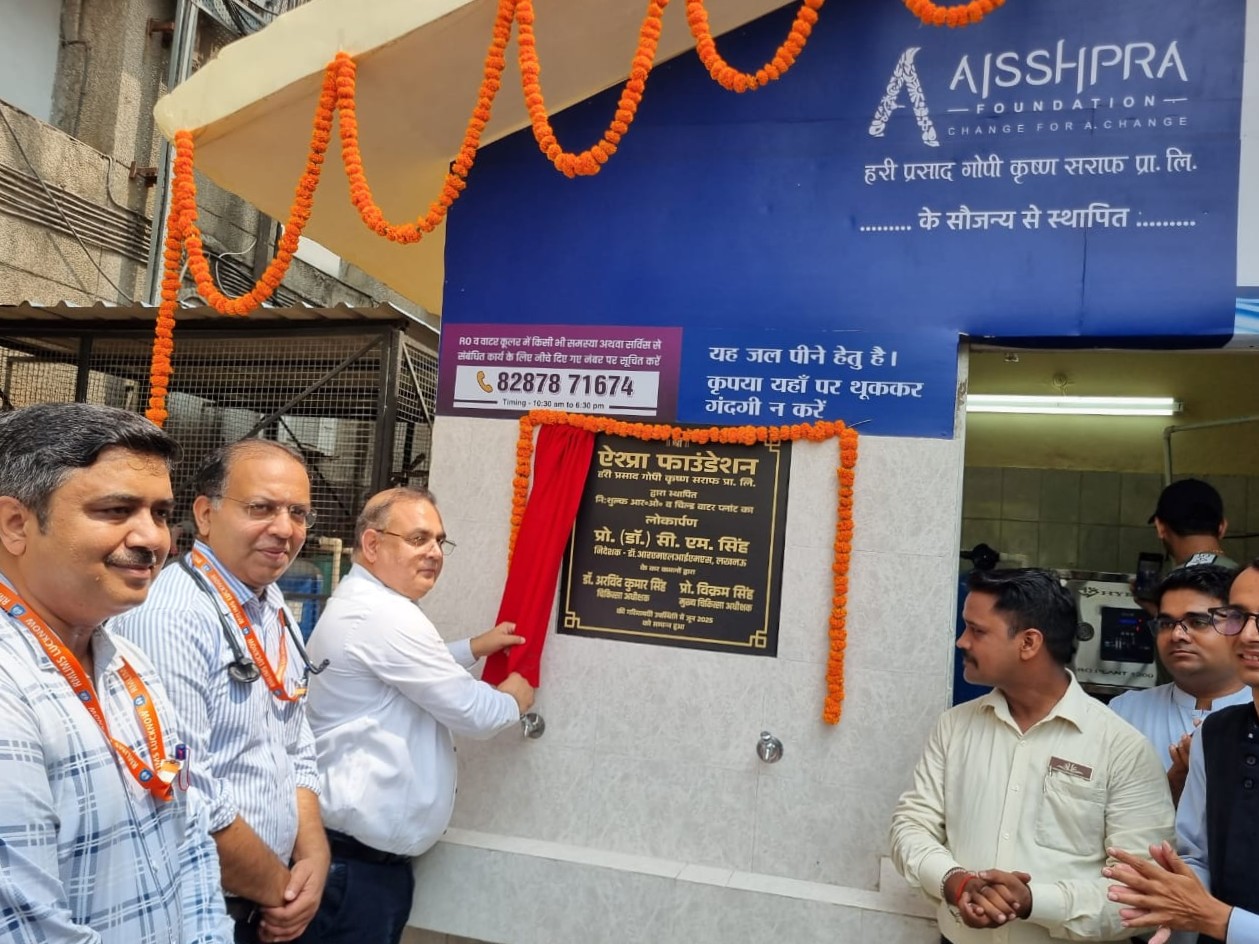Doctors Learn to Open Blocked Heart Arteries Without Surgery at IJCTO Summit
The technique of opening completely blocked heart arteries (Chronic Total Occlusion – CTO) without surgery is rapidly advancing in India. In light of this, the 11th summit of the Indo-Japanese CTO Club was organized in the capital of Uttar Pradesh on Friday. The program was inaugurated by Chief Guest, Deputy CM of Uttar Pradesh, Mr. Brajesh Pathak. Experts from India, Japan, and Europe participated in the event. Cardiologists from across the globe discussed various complex cases using advanced techniques such as Antegrade, Retrograde, and ADR during this special event.
Speaking about the use of cutting-edge technology, Dr. P.K. Goel, Course Director and Organizing Secretary of IJCTO, said that nearly one in five heart patients suffers from Chronic Total Occlusion, meaning 100% blockage of heart arteries. In most such cases, patients are advised to undergo bypass surgery because not every cardiologist has the necessary experience or technology to open these arteries without surgery. However, with the advent of advanced techniques like orthogonal or bi-plane imaging-based three-dimensional wiring and intravascular guidance, it is now possible to safely open these arteries without opening the chest. In the near future, this skill will become essential for every interventional cardiologist so that open-heart surgeries can be minimized, and patients can receive faster, safer, and lower-risk treatment.
One of the most critical conditions in heart disease arises when the arteries are completely blocked. On this subject, Dr. N. Pratap Kumar, Senior Interventional Cardiologist and Course Director of IJCTO, stated that CTO angioplasty is considered the final frontier in the treatment of heart disease. Every year, thousands of surgeries in India are performed solely because of completely blocked arteries. However, with Japanese collaboration, we now have the techniques and experience to open these arteries without surgery.
It is often observed that people do not take their health seriously in the early stages and only consult a doctor when the condition worsens. Highlighting the importance of the 11th summit, Dr. V. Surya Prakash Rao, Cardiologist and Course Director of IJCTO, said that such programs have established a strong academic platform across India and the Asia-Pacific region. Hosting the 11th summit in Lucknow is a testament to the rapid progress happening in the healthcare sector. The continuous development of Lucknow as a hub for healthcare makes this event even more significant.
With the changing nature of diseases, it is crucial to adopt evolving medical technologies. Speaking on the use of technology, Dr. Ganesh Kumar, Course Director of IJCTO, said that for young cardiologists, this platform is not just a conference but an opportunity for case-based learning, exposure to cutting-edge techniques, and interaction with both national and international experts. Through case-based sessions, they can learn the practical application of new technologies from experienced professionals. These innovations not only help save lives but also ensure the highest standards of care.
This year’s summit featured special sessions on new technologies like orthogonal and bi-plane imaging-based three-dimensional wiring. Japanese and European experts, in collaboration with Indian doctors, shared experiences of achieving over 90% success rates in complex cases. The next IJCTO Summit is proposed to be held in Kerala, which will further strengthen and expand this important academic series.

